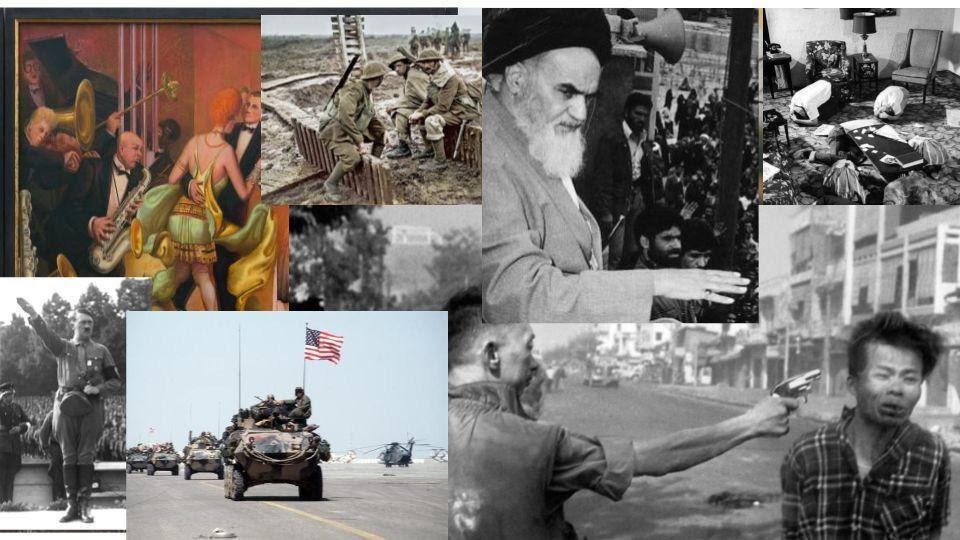
History IGCSE
CIE 0977 (9-1)
History is a people-centred subject. The study of how people behaved in the past provides an endless source of fascination. IGCSE History gives you the opportunity to study some of the major events of the 20th century including analysing the impact of the First World War, the rise and fall of Germany, the Cold War through to more recent events in the Middle East.
History encourages you to reflect upon the world around you and make links between the problems you see today and the topics you discuss in the classroom. The focus of lessons is firmly on discussion and debate, and even disagreement, encouraging you to form your own opinion on the historical events that continue to shape the world that you live in. IGCSE History enables you to develop the skills that will be invaluable in your future, such as the capacity to think independently, overcome thought-provoking intellectual challenges and construct your own viewpoint. It hones your ability to think critically and gives you the personal confidence to challenge existing interpretations. These skills are very highly regarded by universities and employers and History maintains a strong reputation as a valuable and rigorous qualification. This is a challenging, but highly rewarding course with a real focus upon enabling you to think for yourself.
Course content
The course covers aspects of the development of the modern world, focusing on the period 1918-1990. The core content will focus on International Relations since 1919. We will explore how it was possible that another global conflict started only twenty years after the First World War, examining the ‘roaring twenties’ and the historical significance of dictators such as Hitler in the 1930s. You will also study the Cold War, a period when the world stood at the edge of nuclear destruction. You’ll learn about the historical context of many events that Hollywood likes to dramatise including the Vietnam War that inspired films such as ‘Forrest Gump’ through to recent offerings such as ‘1917’. The History department is committed to a cross-curricular approach to learning. Visits to the battlefields and cemeteries of Ypres and Somme at the end of Year 9 provide the opportunity to consider first-hand the impact of World War One and to reflect on contrasting approaches to remembrance and commemoration. The department also organises trips to Berlin so that events studied in the classroom can be considered in their actual context.
Assessment
Coursework makes up 27% of your final grade, where you will work on one piece of extended writing. You will take two written papers at the end of Year 11, one focusing on factual content and short essays and the other primarily focusing on the critical evaluation of historical evidence, both of which account for the remaining 73% of your grade.
